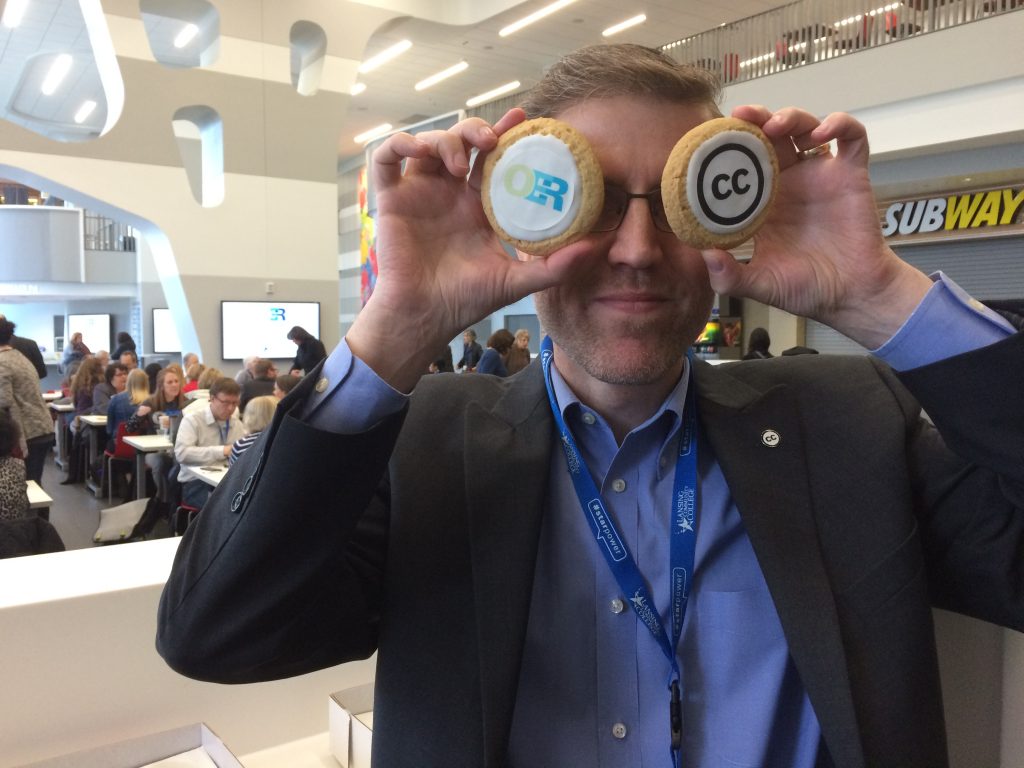The battle for the net continues after FCC erases net neutrality rules
vendredi 15 décembre 2017 à 19:24An open internet is crucial for all creators, thinkers, and makers on the web
As expected, yesterday the Federal Communications Commission (FCC) voted along party lines to repeal the 2015 Open Internet Order that ensured net neutrality in the United States. Without net neutrality, broadband providers like Comcast and Verizon will have free reign to block or discriminate against content or applications that are carried over their networks.
In the preceding weeks, there was a huge outpouring across the web and in the streets in support of net neutrality. Creative Commons has always supported network neutrality. We joined thousands of organisations calling on everyone to make their voice heard to the FCC and Congress.
Though this vote feels dire, the fight to protect the open internet isn’t over. Even with yesterday’s vote, there are still ways through Congress or the courts that could restore net neutrality in the U.S.
A free and open internet is an essential utility of everyday life and Creative Commons licensing is only one factor in a healthy open internet ecosystem. A strong digital commons requires universal access to basic digital infrastructure, and enforceable rules that promote fair competition and freedom of information.
The FCC vote yesterday was a step in the wrong direction, and clearly antithetical to the wishes of the public. We stand in solidarity with countless internet users, creators, teachers, startups, and information-seekers who can only thrive with strong net neutrality protections. We’ll continue the fight for the open internet for all.
The post The battle for the net continues after FCC erases net neutrality rules appeared first on Creative Commons.

 The “journey to open” looks different for all of us. For some, it’s the realization that we can access, modify and share educational resources for free; for others it’s about fundamentally changing the way we think about student learning, pedagogy, and ownership and control of the resources we use in schools, colleges and universities. For many of us, the choice to go open is a reflection of our principles, politics and values.
The “journey to open” looks different for all of us. For some, it’s the realization that we can access, modify and share educational resources for free; for others it’s about fundamentally changing the way we think about student learning, pedagogy, and ownership and control of the resources we use in schools, colleges and universities. For many of us, the choice to go open is a reflection of our principles, politics and values.